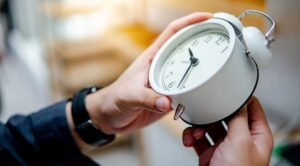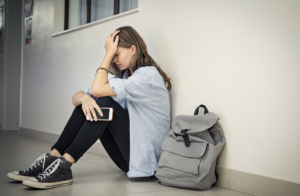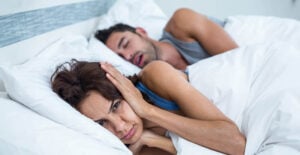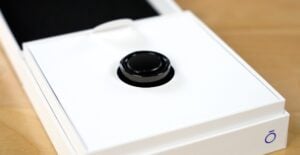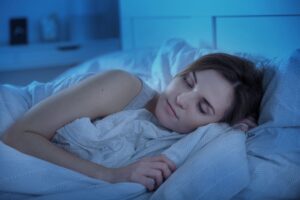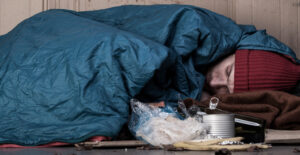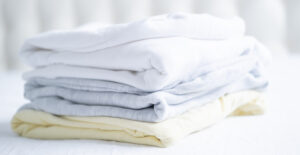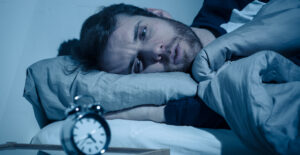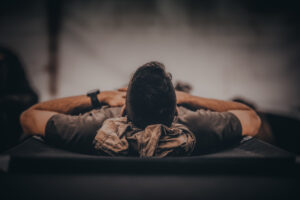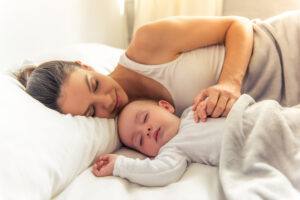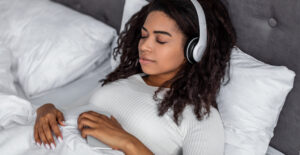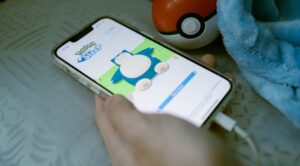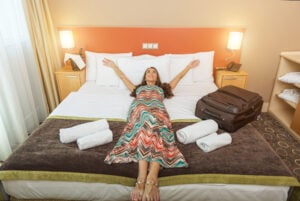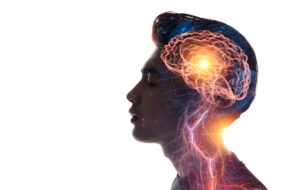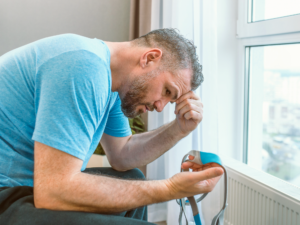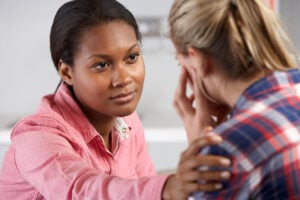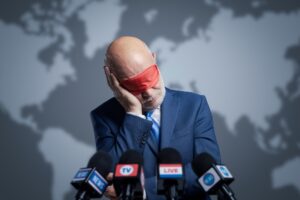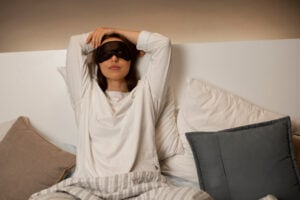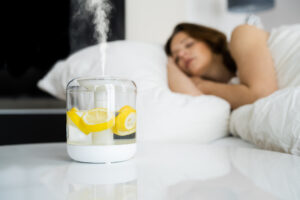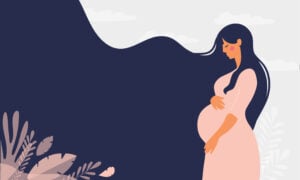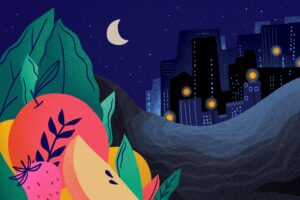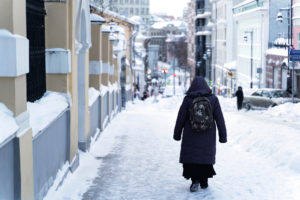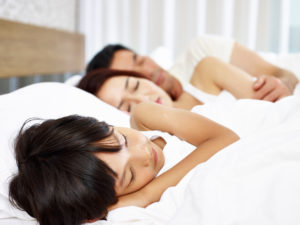Your Side Hustle Could Be Impacting Your Sleep Health
Study Examines Effects of Volatile Work Schedules

It’s not unusual, in the era of hustle culture and the gig economy, for workers to put in long hours on an irregular schedule. Night and weekend shifts and 12-hour workdays are sometimes the price to pay for making ends meet. But what effect does this “rise and grind” mindset have on our sleep health and, by extension, our overall well-being?
Only 26% of survey participants reported stable employment patterns.
New research by Wen-Jui Han, a professor at New York University’s Silver School of Social Work, uses Bureau of Labor Statistics survey data to examine correlations between employment patterns, sleep, and physical and mental health. Specifically, Han’s study looks at the work patterns of survey participants starting at age 22 — and how work stability or instability impacted their likelihood of having poor health and symptoms of depression at age 50.
Han found that, between the ages of 22 and 49, only 26% of survey participants reported stable employment patterns, defined as working standard hours for the duration of that time period.
Here’s a breakdown of the work patterns of the survey participants from ages 22 to 49:
According to Han’s analysis, the 17% of people who transitioned to an inconsistent work schedule after age 30 were the most likely to experience the lowest quantity and quality of sleep and the most likely to report poor health and depressive symptoms at age 50.
The study also highlights a socioeconomic and racial component to the data patterns. For example, non-Hispanic Black men who didn’t complete high school were the most likely to report the fewest hours of sleep per night and poor health at age 50 if they had a variety of work schedules after age 30. These individuals were also more likely to work nonstandard hours, also known as shift work.
Previous research has demonstrated that shift work can negatively impact a person’s sleep and health. Known as shift work disorder, this condition can cause insomnia due to disruptions in the body’s natural sleep-wake cycle in people who work the night shift, early mornings, or irregular shifts.
In the U.S., permanent, full-time jobs with regular hours are increasingly giving way to a gig economy of short-term positions. A 2022 survey by management consulting firm McKinsey & Co. found that 36% of employed people in the U.S. identified as independent workers. In 2016, a survey by the same company put the figure at 27%.
What’s more, since the 1990s, there’s been an increase in what Han describes as precarious employment: jobs with unpredictable or unreliable hours, few or no benefits, and poor work conditions.
Overall, the new study suggests that workers in these volatile positions may experience both economic disadvantages and harm to their physical and mental well-being. As U.S. labor trends continue to shift, findings such as Han’s suggest the need for more discussion and research on the best ways to support workers in nonstandard or precarious employment situations.
Got a hot tip? Pitch us your story idea, share your expertise with SleepFoundation.org, or let us know about your sleep experiences right here.
References
3 Sources
-
Han, W. (2024). How our longitudinal employment patterns might shape our health as we approach middle adulthood—US NLSY79 cohort. PLOS One, 19(4), e0300245.
https://pubmed.ncbi.nlm.nih.gov/38568881/ -
American Academy of Sleep Medicine. (2014). The International Classification of Sleep Disorders – Third Edition (ICSD-3). Darien, IL.
https://aasm.org -
Dua, A., Ellingrud, K., Hancock, B., Luby, R., Madgavkar, A., & Pemberton, S. (2022, August 23). Freelance, side hustles, and gigs: Many more Americans have become independent workers. McKinsey & Company., Retrieved May 8, 2024, from
https://www.mckinsey.com/featured-insights/sustainable-inclusive-growth/future-of-america/freelance-side-hustles-and-gigs-many-more-americans-have-become-independent-workers

